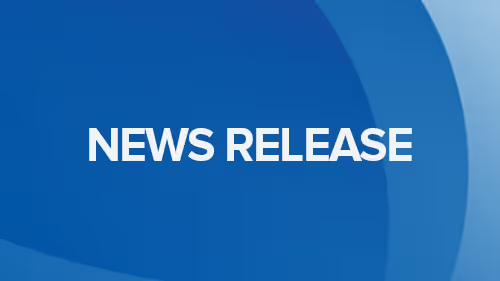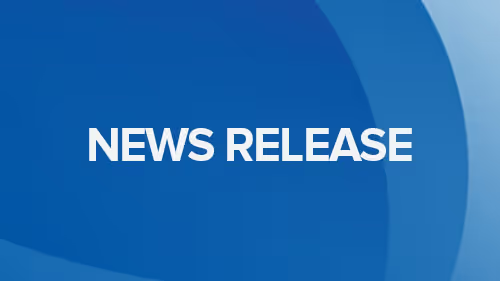
News & Updates

News & Updates
News & Updates
Washington Gas Partners with Food Banks to Provide Nearly 300,000 Meals Across the DMV
Washington Gas is proud to announce partnerships with four leading nonprofit organizations — Capital Area Food Bank, Manna Food Center, Project GiveBack, and East River Family Strengthening Collaborative — to combat rising food insecurity in the DMV. Donations to these organizations will fund nearly 300,000 meals for families in need.
Follow Washington Gas














